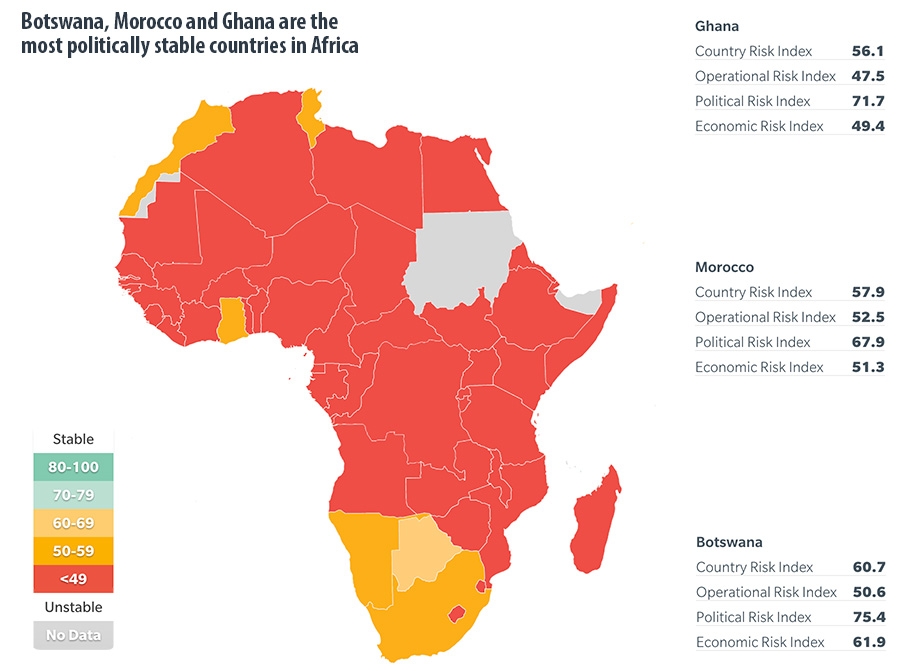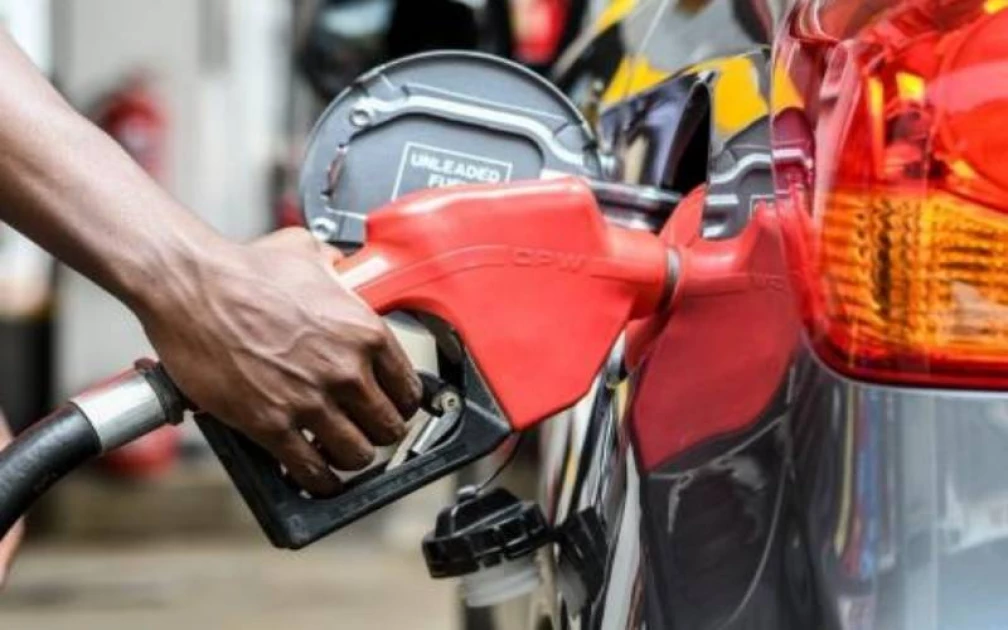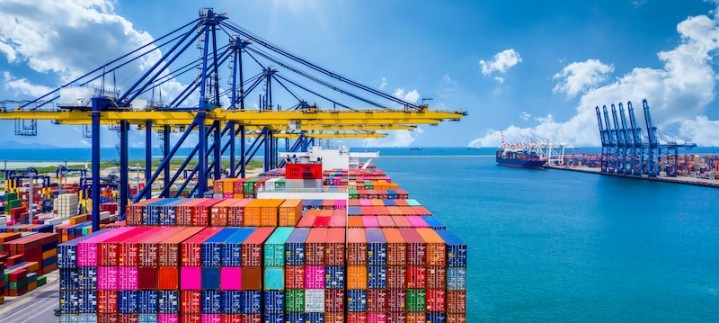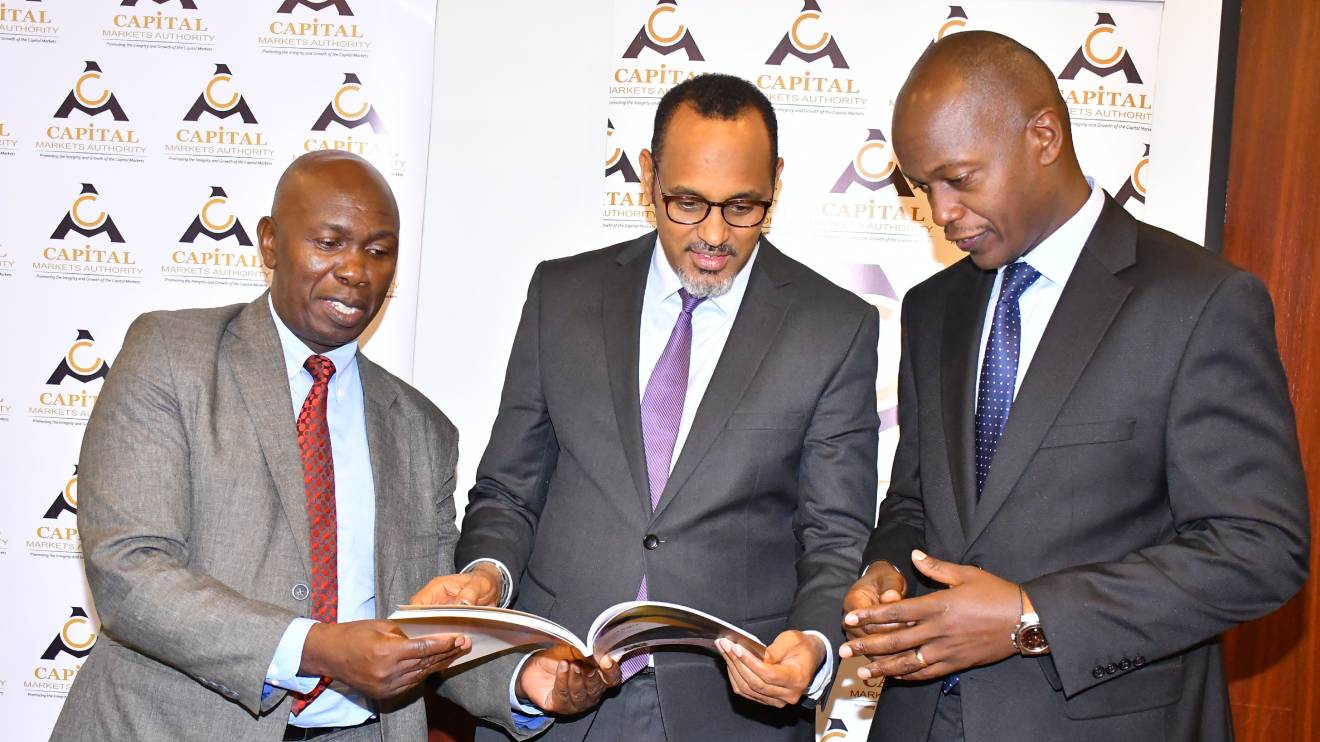Africa Calls for $120 Billion Development Fund: A Push for Fair Financial Reforms

October 22, 2024 – In a bold move, African leaders and economists are rallying for a $120 billion development fund aimed at leveling the financial playing field in a system where low-income countries often bear disproportionate debt burdens. With mounting challenges from debt servicing to climate crisis responses, Africa’s leaders argue the current global financial architecture demands reform. Such changes could rework outdated structures and enable growth that truly benefits developing regions.
Continental Effort to Shift Economy
The call championed by prominent voices across Africa, highlights a significant frustration over structural inequities in financial institutions like the International Monetary Fund (IMF) and World Bank. Despite these institutions’ pivotal roles in stabilizing economies, the structure and policies they impose often strain developing nations with restrictive conditions. Such limitations on borrowing and debt restructuring weigh heavily on Africa, where emerging economies are primed for growth but lack the financial backing to achieve it sustainably.
Currently, African countries are paying billions in annual debt service fees, diverting funds from essential public services like healthcare, education, and infrastructure. The collective goal: a restructuring of financial systems that no longer solely serve the interests of high-income economies but are inclusive, addressing the diverse needs of all members.
Equity in Financial Decision-Making
The inequity within the current financial setup has long roots. Global financial institutions have traditionally been dominated by wealthy nations, particularly from the West, where decision-making power is linked directly to the size of a country’s economy or its financial contributions. Africa, home to over a billion people and a multitude of natural resources, holds limited sway in decisions that directly impact its economic well-being. Leaders are now actively seeking reforms to rectify this imbalance, aiming for a more equitable share of voting power.
$120 Billion Funding Goal
The proposed $120 billion development fund represents more than just financial aid; it symbolizes a critical step toward financial independence and resilience. African leaders are calling for these funds to support essential projects that drive economic stability and resilience. The goals include financing infrastructure projects, enhancing access to education and healthcare, and accelerating climate initiatives. These objectives align closely with the United Nations’ Sustainable Development Goals, which many African nations struggle to meet under the weight of external debt obligations.
To many, this proposal isn’t merely about securing funds; it’s about creating an ecosystem where African countries have the resources and independence to thrive without depending on foreign creditors and investors.
Addressing Climate Vulnerabilities
Africa contributes minimally to global greenhouse gas emissions, yet it is among the hardest hit by climate change. From erratic weather patterns affecting agriculture to droughts and floods displacing communities, the continent faces environmental challenges that intensify the poverty trap. For many African nations, environmental resilience is as critical as economic resilience.
The proposed fund would also direct financing toward climate adaptation, enabling African countries to implement sustainable agriculture practices, restore degraded lands, and encourage climate defenses. These efforts would safeguard the livelihoods of millions and help shield economies from climate-related shocks.
Shift from Aid to Self-Reliance
This approach marks a shift in mindset—from relying on aid to striving for self-sufficiency. In recent years, African nations have increasingly expressed a desire to break free from the cycle of dependency that has historically limited their economic autonomy. Debt, particularly when serviced under restrictive terms, often becomes a tool of control rather than support.
The proposed $120 billion fund, if successful, would be a game-changer, offering African countries the financial bandwidth to address immediate economic needs while building long-term resilience. Leaders are hopeful that this fund could transform Africa into a financially independent region with the capacity to weather economic storms without turning to aid or conditional loans from global financial bodies.
Inclusive Financial Reform
As African leaders continue to press for global reforms, the world watches closely. For change to happen, buy-in is needed from established powers and the global financial community. The reallocation of resources and reform of financial systems would signal a shift toward fairer economic policies that foster shared growth.
The $120 billion development fund proposal brings a glimmer of hope to a continent often constrained by outdated financial rules. It’s not merely about capital; it’s about transforming a system to include every country as an equal partner in global prosperity.
Our Role as Muiaa
We understand that Africa’s financial future is linked closely to reshaping these systemic inequalities. Our mission is to provide tailored financial solutions that empower African businesses to thrive amid these global challenges. Through strategic financial consultancy, asset management, and project financing, we work to ensure African enterprises have the tools they need to succeed.
Visit muiaa.com to learn how our services can help you achieve your financial goals.











